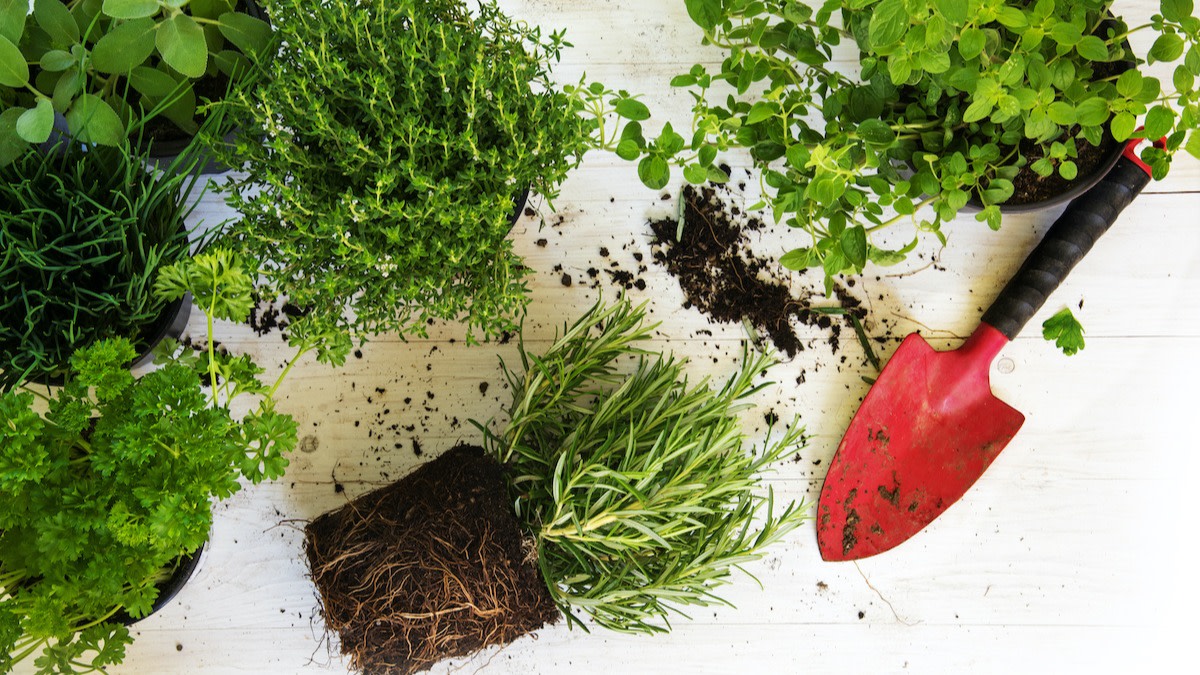6 Ways to Prevent Vegetables From Bolting
Written by MasterClass
Last updated: Jun 7, 2021 • 3 min read
Bolting occurs when a plant begins to flower and set seed too early, which can reduce your vegetable garden's harvest. This process is actually a survival mechanism that is triggered when a plant experiences stressful conditions. Fortunately there are some simple steps you can take to prevent bolting and increase your chances of a bountiful harvest.
Learn From the Best
What Is Bolting?
Bolting occurs when a crop prematurely grows flower stalks and produces seeds, preventing the plant from bearing a vigorous harvest. Also called "running to seed" or "going to seed," bolting redistributes a plant’s energy away from the leaves and roots to instead produce seeds and a flowering stem. Bolting usually signals the end of new leaf growth. In annual plants, it's an indication that the plant will soon die.
3 Causes of Bolting in Plants
Plants bolt as a response to certain stressful situations, which prompt them to begin the reproduction process. The most common stressful situations that cause bolting are increased day length, high soil temperatures, and root stress.
- 1. Increased day length: Plant bolting due to increased day length happens because a majority of popular garden vegetables grow in the early spring. As summer approaches though, the days get longer and sun exposure increases, potentially damaging garden plants. This can be an issue if you plant your seeds too late in the spring.
- 2. High soil temperatures: As summer approaches, the days also get hotter. Warm soil temperatures cause stress for crops, triggering them to begin seed and flower production. While this process isn't an issue when it occurs on schedule late in the plant's life cycle, bolting often occurs when there's a spring with unnaturally hot weather or if you plant crops too late into the growing season.
- 3. Root stress: Bolting caused by root stress typically happens when you disturb a plant's root system by transplanting, or if your plant runs out of growing space in a container that's too small. (Learn how to choose the right pot for any plant here.)
6 Ways to Prevent Your Plants From Bolting
Once a plant begins to bolt, the process is irreversible. The plant's leaves develop a bitter taste and might even grow small hairs that make them unappetizing. To avoid bolting plants and to encourage a healthy growth cycle, try one or more of the following methods.
- 1. Plant bolt-resistant seeds. Seek out seeds labeled "bolt-resistant" or "slow bolting" as these seeds are specifically developed to resist conditions that cause bolting. For example, when growing onions, look for heat-treated onion sets; these onions can withstand high temperatures, and they’re much less likely to develop flower buds in warm weather.
- 2. Cool your soil with a layer of mulch. Plants with heat-sensitive roots, such as broccoli, cauliflower, and cilantro, are prone to bolting when warm soil heats up their roots. Prevent soil from overheating by spreading a layer of mulch on your topsoil to keep it cool and moist.
- 3. Plant your crops during a cooler season. Depending on your local climate, an early spring planting time may still be quite warm. As an alternative, try growing spring vegetables in the fall, when unnaturally warm temperatures are less likely. Brassicas like kale, cabbage, and bok choy can all grow in spring or fall.
- 4. Provide shade for your cold-weather crops. If you live in a hot-weather climate, make sure to provide shade for cool-season crops like radishes, lettuce, and spinach. Even vegetables that grow in full sun conditions can bolt if the weather is too warm. You can provide natural shade for these crops by planting them near taller plants like corn, or you can set up shade cloth coverings during the extra-hot midday temperatures.
- 5. Make sure you're using an appropriate fertilizer. If you treat your crops with a fertilizer, make sure it's a fertilizer tailored to growing leaves and stems as opposed to one that encourages flower growth. Fertilizers that benefit green growth often have higher nitrogen content.
- 6. Direct sow your seeds. Plants prone to bolting due to root stress—such as carrots, turnips, beetroot, radishes, and many herbs—grow best when you direct sow them outdoors, rather than transplanting. This allows their root systems to develop without interruption.
Learn More
Grow your own food with Ron Finley, the self-described "Gangster Gardener." Get the MasterClass Annual Membership and learn how to cultivate fresh herbs and vegetables, keep your house plants alive, and use compost to make your community - and the world - a better place.
